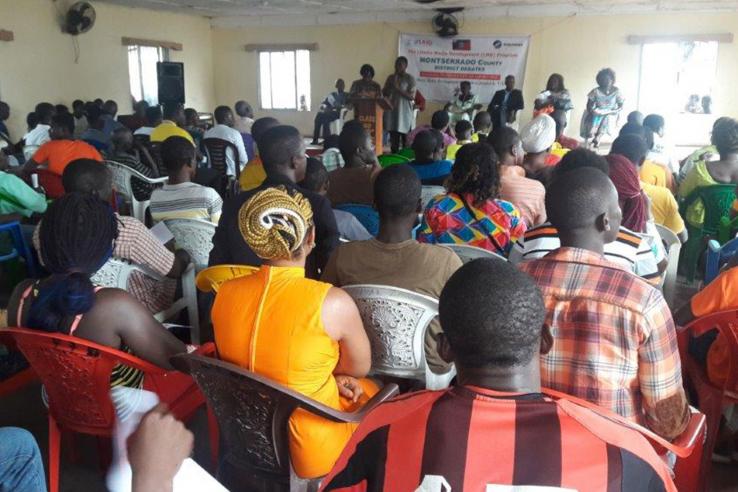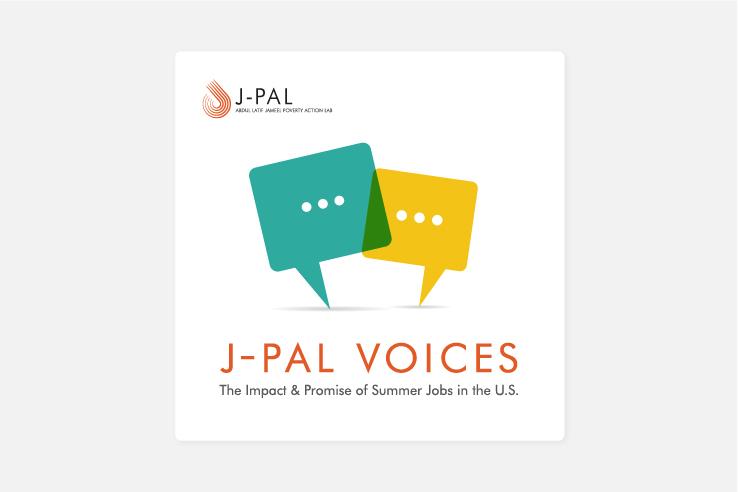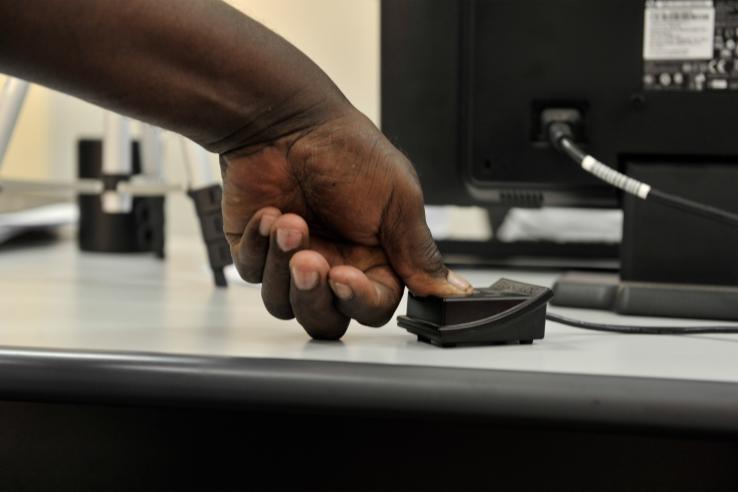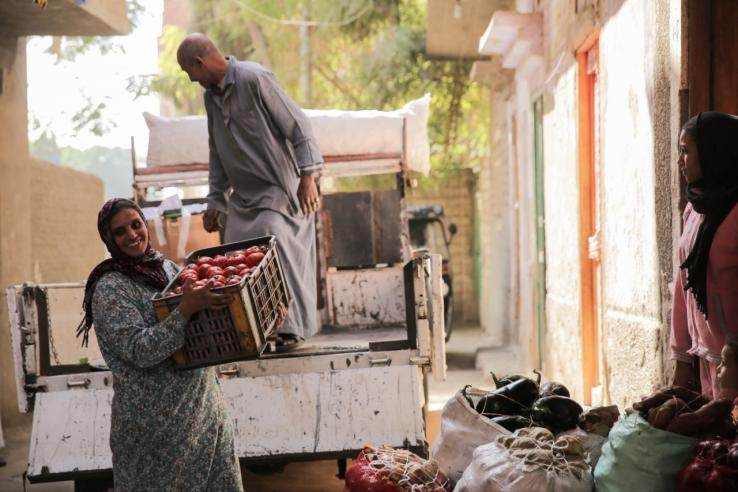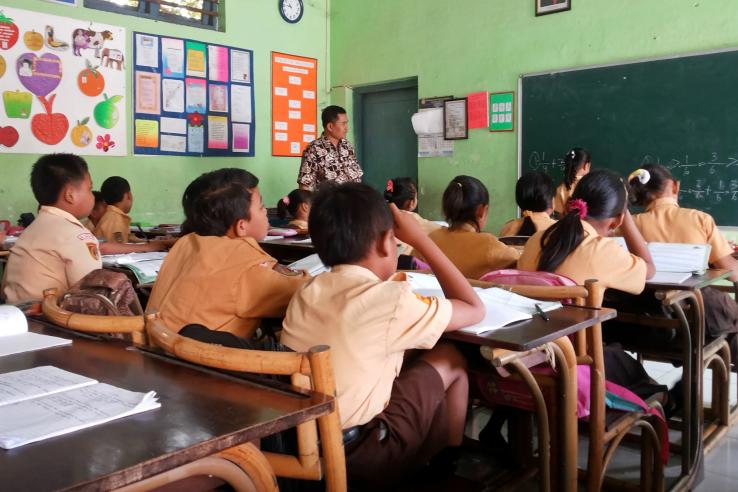Displaying 2356 - 2370 of 8330
Evaluation
Researchers evaluated a nationwide debate initiative in Liberia designed to solicit and rebroadcast policy promises from legislative candidates. Results indicated that when leading candidates participated in debates, citizens were more engaged and informed.
Evaluation
Government ministries introduced middle school scholarships to cover girls’ transportation, housing, and supplies; researchers evaluated how paying for out-of-pocket expenses affected schooling impacts and child marriage. The researchers found that the intervention reduced girls’ chance of leaving middle school by 53 percent and reduced their chance of getting married as children by 49 percent.
Evaluation
Researchers partnered with SYEP employers to create personalized letters of recommendation for SYEP participants to evaluate the impact of recommendation letters on participants’ educational and employment outcomes after the program. Youth who received the letter of recommendation saw a 3 percentage point increase in employment in the first year after SYEP participation and, over four years, made $545 more than those who did not receive letters of recommendation.
Evaluation
Researchers evaluated three STEM-focused summer programs for high school students and found that the programs increased students’ likelihood of attending a highly-ranked university, graduating, and earning a degree in STEM.
Resource
Basic page
In this podcast from J-PAL North America, we bring you the stories behind the impact. Hear from advocates and program coordinators, researchers, and most importantly, the participants themselves about why summer jobs programs matter to them and why they should matter for all of us.
Blog
The Digital Identification and Finance Initiative (DigiFI) is excited to announce a blog series that looks at the various facets of digital identification (ID) and payment systems.
Update
J-PAL Updates
J-PAL Digital Identification and Finance Initiative in Africa (DigiFI Africa) is honored to be one of the pillars of the G7 Partnership for Women’s Digital Financial Inclusion in Africa. Through DigiFI, J-PAL Africa will support gender-specific research to ensure digital innovations promote the...
Evaluation
Following a series of evaluations of the Graduation approach in 15 other countries, researchers are now evaluating the impact of the Graduation approach on the livelihoods of the ultra-poor in Upper Egypt.
Evaluation
Researchers collaborated with Uber in Egypt to assess the impacts of expanding access to its ride services through price on the demand for ride-hailing and overall consumer mobility. Lowering the price of ride-hailing services increased people’s use of Uber and overall consumer mobility.
Evaluation
In partnership with three microfinance institutions (MFIs), researchers conducted a randomized evaluation to measure the impact of providing loans, cash grants, or in-kind grants on microentrepreneurs’ business decisions, outcomes, and overall welfare. All three types of capital assistance led to increases in business and economic outcomes, especially for women. Impacts were concentrated among the best-performing recipients of each type of assistance, and researchers found that observable characteristics were the same among those top-performers across all three groups. This suggests that personal characteristics are more important than the type of assistance in predicting the effectiveness of capital assistance.
Evaluation
Researchers examined the medium-term impacts of a large-scale CCT program on health, education, and economic outcomes in Indonesia. Six years following the introduction of cash transfers, the program resulted in reductions in stunting, increased rates of childbirth in the presence of trained birth attendants, and increased school enrollment.
